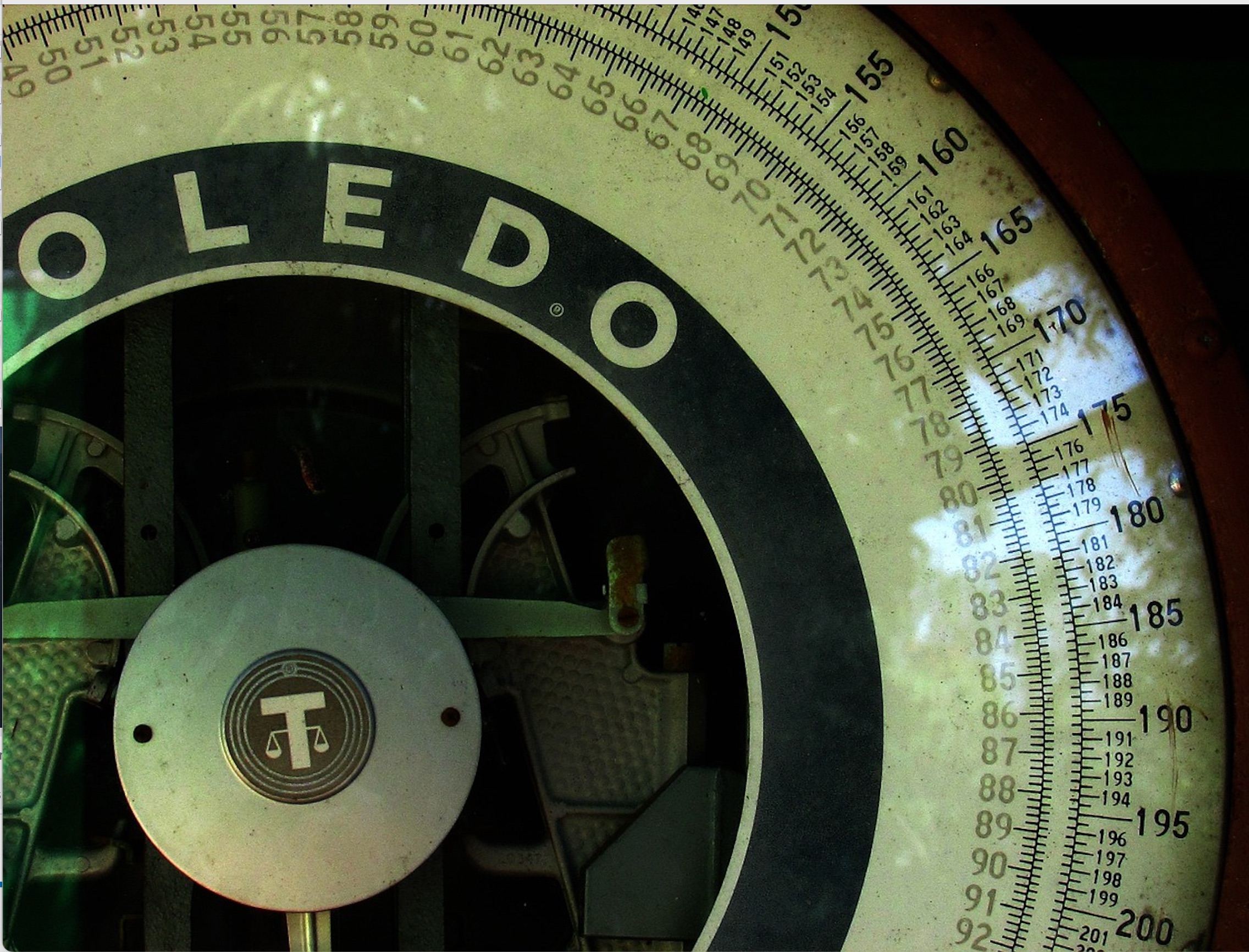An Arkansas bookstore, Books by the Pound, sells books by the pound.
Described by the Wall Street Journal, their customers behave differently from typical book buyers.
Demand and Supply by the Pound
Books By the Pound charges $1.50 a pound or $30 a box that weighs 30 or so pounds. Arranged by topic, books are grouped as romance, mystery, religion–you get the picture. So, instead of asking for a title, someone could request a bunch of books from one category. Others just want a box of random titles.
Meanwhile, in the former Soviet Union, run by committees, factories had output quotas with some based on weight. As a result, a factory could have had to manufacture thousands of pounds of lamps. I have known an individual that owned a lamp from a factory with a weight quota. Unmovable, her tiny lamp was ridiculously heavy.
This satiric cartoon of one nail also displays the impact of a quota based on weight. The dialogue says:
“Who needs such a nail?”
“It doesn’t matter. What’s important is that we fulfilled the plan for nails”:

Our Bottom Line: Incentives
As economists we like to think that our decisions are based on a rational consideration of tradeoffs. Really though, a simple consideration like weight can nudge us to buy books we never wanted. It can also distort factory incentives.
Similarly, as economist Tim Harford described in Messy, these incentives didn’t work out as planned:
- When the British government proclaimed a 48-hour directive for their National Health Service, the results were not what they expected. To diminish wait time, the incentive required that physicians see their patients within 48 hours of an appointment call. Instead, the doctors got worried that they would not have enough open slots to book everyone who wanted to see them. So, they avoided advance appointments and strategically answered the phone. That 48-hour incentive increased frustration and diminished care.
- Harford also tells us that surgeons need healthy patients when their rank is based on survival rates. And universities need to reject more students when their rank relates to competitiveness. Even punctuality becomes a perverse incentive when it encourages bus drivers to skip stops that have too many people.
And finally, returning to today’s title, heavy reading is what we won’t want when a box has a 1225-page War and Peace and 864-page Anna Karenina that leave little room for anything else.
My sources and more: This WSJ bookstore article inspired today’s post. In addition, like his podcasts, Tim Harford’s books have great stories that make economics come alive. I do also recommend this econtalk podcast in which Harford talks about Messy.
Please note that sections of “Our Bottom Line” were originally in this past econlife post.






